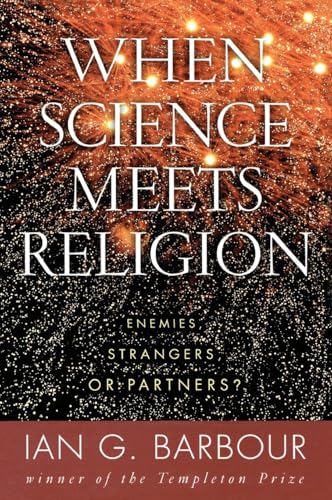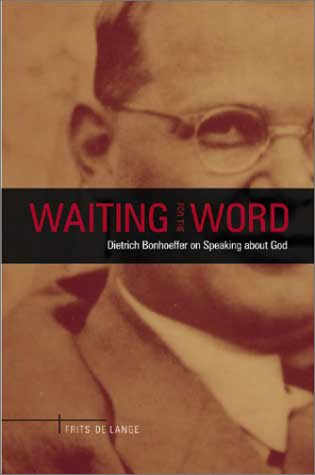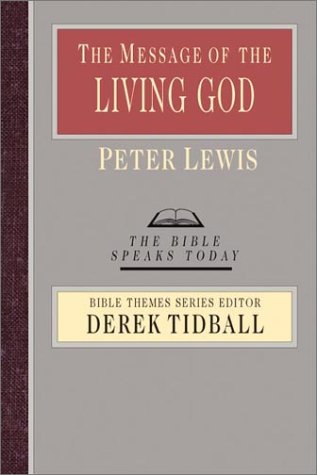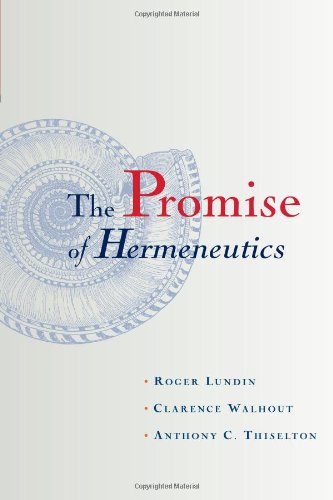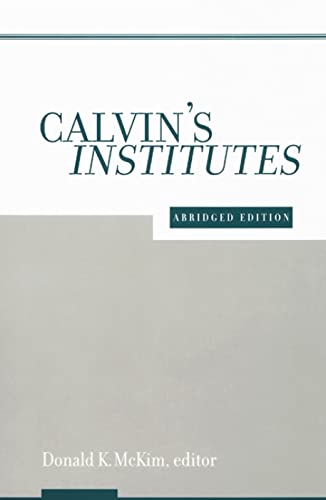The New Dictionary of Biblical Theology
Written by T.D. Alexander; Brian S. Rosner (eds) Reviewed By Doug JohnsonIf you are going to gather together a team of scholars to produce a dictionary of biblical theology you need to have an agreed definition of biblical theology with which to work. Brian Rosner one of the editors of the IVP New Dictionary of Biblical Theology offers this definition:
biblical theology may be defined as theological interpretation of Scripture in and for the Church. It proceeds with historical and literary sensitivity and seeks to analyse and synthesize the Bible’s teaching about God and his relations to the world on its own terms, maintaining sight of the Bible’s overarching narrative and Christocentric focus (10).
His opening essay examines the site where a biblical theology in and for the Church is to be constructed, explicating in particular five elements of his definition. They are:
i the tools for the task—analysis and synthesis
ii the materials—biblical concepts and words
iii the span of the construction—across the whole Bible
iv the plans—the Bible’s storyline
v the foundations and the pinnacle—Jesus Christ.
All of this is done very helpfully in the first essay of the Dictionary but the question then presents itself as to how well the rest of the Dictionary matches up to this?
The book is divided into three parts. In many ways, part one can be seen as a site-clearing exercise. It sweeps away many misconceptions and lays down some markers before the work of construction can begin. The majority of these essays could form a very useful book in and of themselves. The bibliographies to these essays may be taken as Indicators to the extent to which biblical and theological studies have been integrated up to the present. The article on the relationship between the OT and the NT has just seven items in its bibliography: the most recent book is 10 years old (and that is a revision of a book from 1976). In contrast the article on systematic theology and biblical theology has an extremely full bibliography extending to over fifty books, many of them from the past decade. There is much that is useful in these opening essays and it would be a great pity if those using this Dictionary ignore them.
Part two contains introductions to the different copora of Scripture and to the individual books. Many of these later essays do clearly try to show the position of their particular book within its wider biblical context. There are however some disappointments when, for example, an OT book’s connection with the NT was simply characterised in sentence or two. In a volume with the professed aim of this one, not to spend more time on drawing out these connections and their significance seems like a lost opportunity. There are, after all, perfectly good OT introductions that we can turn to—some of them, on the OT seek to highlight not only the books theological themes but also its relationship to the NT.
In the third part of the book, on individual themes, there is much useful and helpful material and few readers will go away not having been enlightened and stimulated. Yet, one is left with a lingering doubt as to whether the policy of the editors and the design of the Dictionary represent every author’s approach to biblical theology. Allied with this there is the occasional failure to link together related themes. In the article on blessing for instance one looked for help to see how all the material blessings of the OT were taken up or transformed by the NT. This could have been related to the article on land or a possible entry on inheritance, wealth or prosperity etc if they had been included. Having said this the article on blessing was very clear and helpful. Perhaps the editorial policy should have been made clearer to all the individual writers.
Overall we should be grateful indeed to the Biblical Theology Study Group of the Tyndale Fellowship and of Rutherford House and IVP their publisher for giving us a most useful dictionary. Perhaps one day there might be a second edition!
Doug Johnson
Cornhill Training Scheme, London



